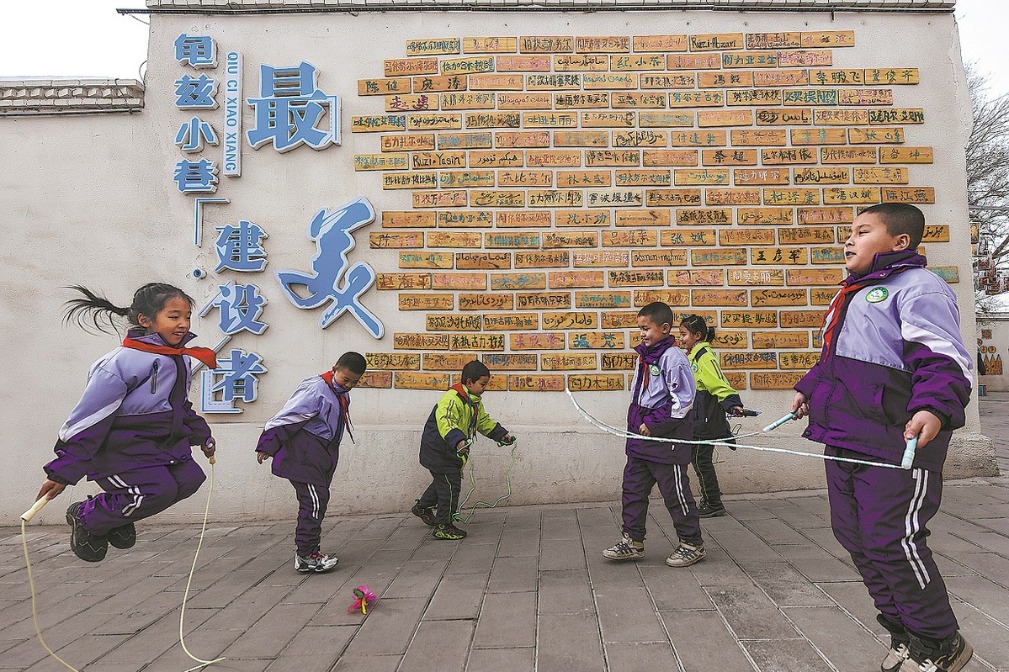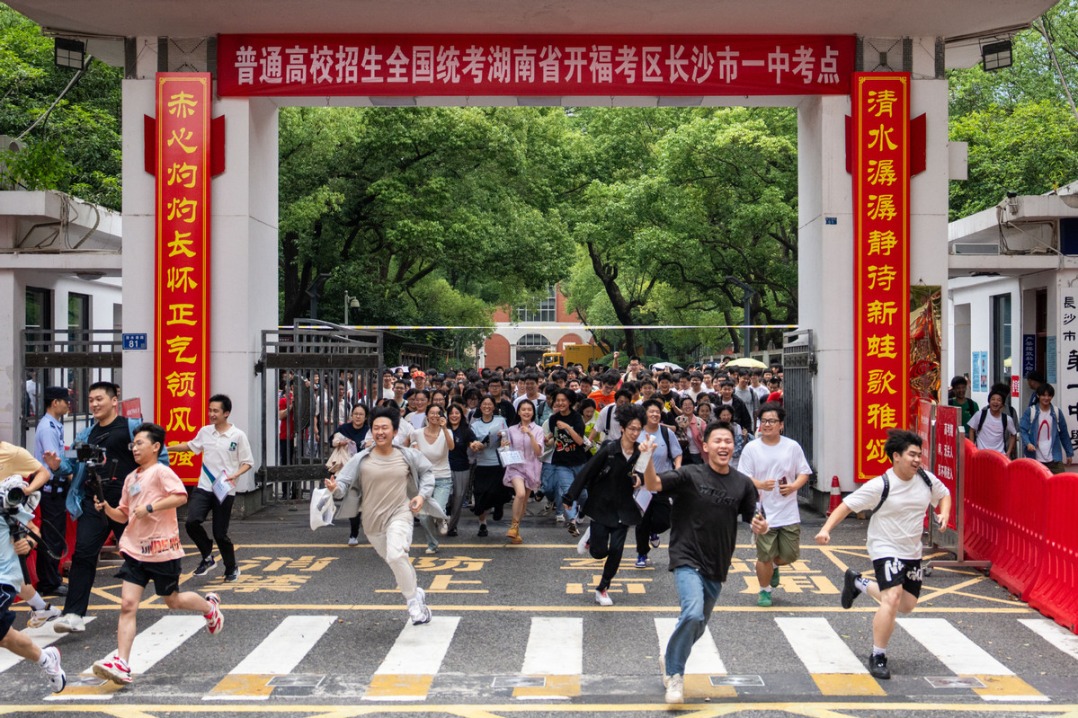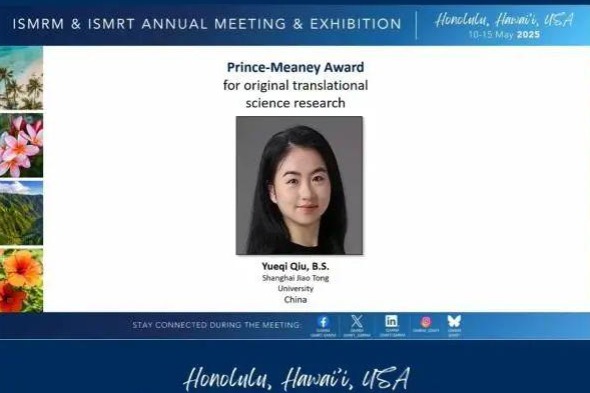New guideline stresses improved social security for low-income groups

China will intensify efforts to optimize its social insurance systems, assist low-income groups and ensure the public has fairer, more balanced and accessible social services in education, medical care, as well as elderly and child care, according to a new guideline.
The general offices of the Communist Party of China Central Committee and the State Council, China's Cabinet, jointly released the guideline on Monday. The guideline emphasizes securing and improving people's livelihoods by addressing pressing issues such as education, social insurance, health care, and care services for children and the elderly.
"China has achieved some historic improvements in people's livelihoods in the new era," Xiao Weiming, deputy secretary-general of the National Development and Reform Commission, said at a news conference in Beijing on Tuesday. "So far, we have established the world's largest social insurance system, with about 1.07 billion people covered by basic pension insurance and 1.32 billion by basic medical insurance. Last year, the average schooling years of new labor force entrants exceeded 14 years, and the average life expectancy reached 79 years."
Xiao said policies that promote more balanced public services and inclusive benefits are urgently needed to advance Chinese modernization and address challenges including an aging population, a low birthrate and disparities in public services.
The new guideline outlines specific measures to tackle these challenges, including improving incomes for rural residents, refining social insurance payment systems and increasing the number of nursing care beds in elderly care homes.
For example, flexible workers, migrant workers and those in new forms of employment such as food delivery drivers and ride-hailing drivers will be able to join social insurance programs without restrictions tied to the hukou, or household registration system.
Regarding elderly and child care services, the guideline calls for nursing homes to enhance their ability to care for elderly residents who have lost basic living abilities and to expand nursing care bed availability. Newly established nursing homes should have nursing care beds making up more than 80 percent of their total bed capacity.
The guideline also states that within about 10 years, child care services should be available in over 80 percent of residential communities in major cities.
Zhang Wei, an official from the Ministry of Civil Affairs, said at the news conference that the guideline underscores the importance of strengthening assistance to low-income groups to ensure they share in the results of social reform and development.
He said the ministry will work to improve the social assistance system, enhance efforts to identify individuals and families with low incomes and push for laws and regulations on social assistance to offer legal protection for low-income groups.
chengsi@chinadaily.com.cn
- New guideline stresses improved social security for low-income groups
- Push continues for cleaner waters
- Decks cleared for AG600 mass production, delivery
- Friendship redefined in era of 'zero-sugar' socializing
- Xi, Sassou Nguesso greet FOCAC ministerial meeting
- Cultural creations made by Chinese women with disabilities showcased at UN headquarters





































